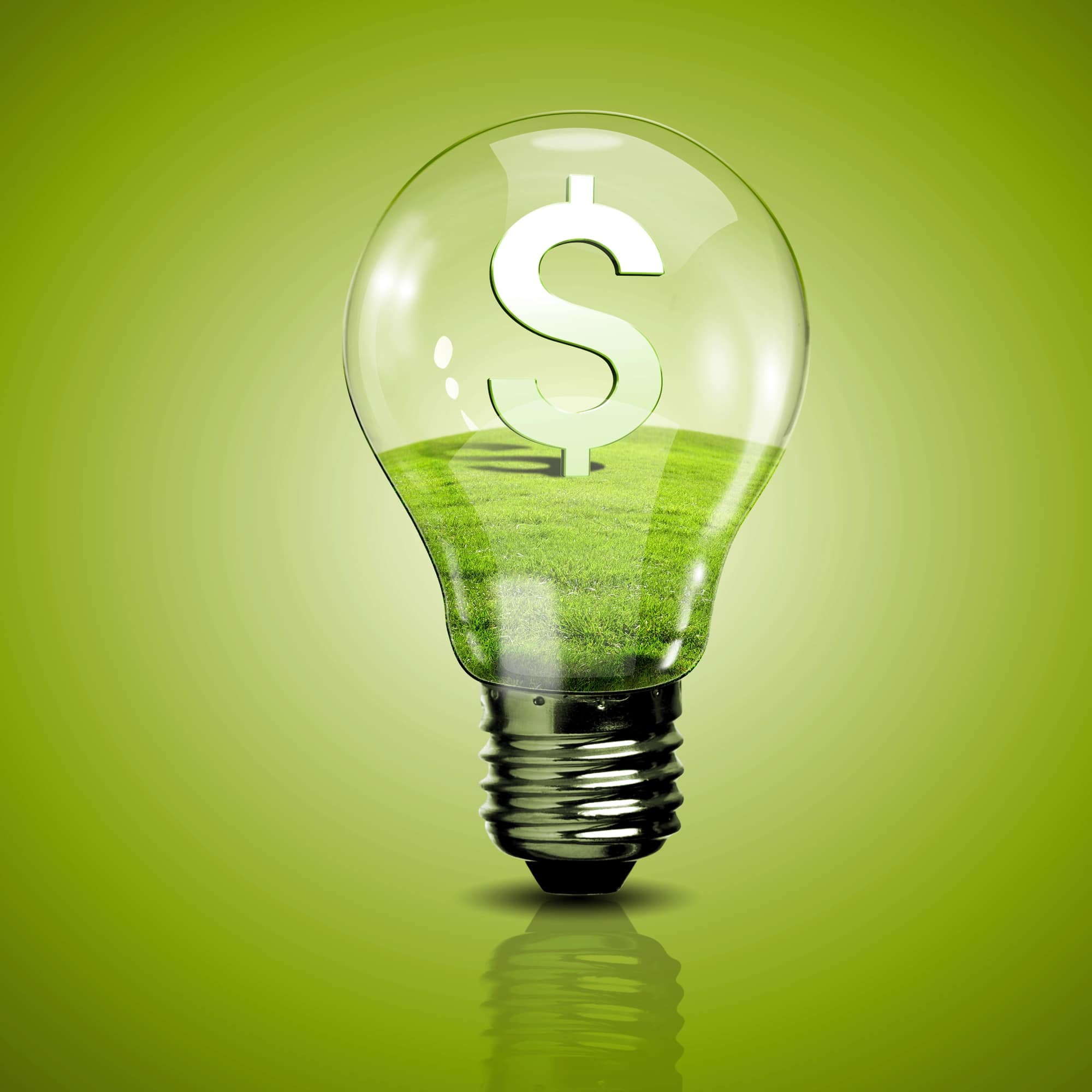A recent article in Fortune speaks to a computer scientist named Andrew Chien who asserts that the new wave of OpenAI data centers will be consuming as much energy as New York City and San Diego combined when they are operating at full capacity during extreme weather. In different terms, this is 20% of the general electricity use of Texas, including the state’s quite large industrial capacity. Chien finds this “both exciting and alarming,” but overall seems joyful that computing will be taking up more energy. This is only OpenAI’s projects, and does not include everyone else in the artifical intelligence business.
Though some environmental “concerns” are expressed, the powerful who stand to benefit from the extraordinary AI bubble largely see it as a situation where we need to increase power production instead of limiting AI’s consumption. The hypocrisy here is particularly notable for Elon Musk, who has made much of his fortune selling the premise that we need a future of lower total power usage but who now promotes the most gratuitously useless (or outright harmful) uses of AI, such as anime girlfriends. The contrast with how consumers have been treated our entire lives is stunning.
Anyone under fifty-five is unlikely to remember a time before constant haranguing about waste and “conservation.” I recently read a 1973 text called Garbage: The History and Future of Garbage in America by a woman named Katie Kelly, which provides interesting insight into the beginning of this phenomenon. In short, the period where large amounts of packaging and other solid waste greatly increased but before people got serious about proper disposal was only about twenty years; this was when World War II industrial capacity was put towards civilian use until people noticed waste was piling up at an unsustainable rate. The technology to efficiently deal with waste was remarkably advanced even in 1973. However, the packaging industry always took the view that once something was purchased, the waste was the consumer’s problem. The government found various ways to make things worse and more expensive on the grounds that it was environmentally friendly.
As with garbage, so it was with power; in our homes, in our cars, and everywhere else. While a company may try to show you savings to appear friendly, even without knowing the details there is something obviously wrong with the way power companies who are in the business of selling you power are constantly admonishing you to use less of it. This isn’t new either. In my parents’ shop, I found an old “low flow” shower head from the 1990s with a whole note about energy savings that could have been written yesterday. I tried it and of course it was beyond miserable. No appliance is ever sold without some energy tag telling you the supposed savings compared to some product that doesn’t exist anymore, and generally the “savings” are pretty minor considering the inconvenience it can cause. (Not to mention all the times you run the appliance twice because it didn’t work the first time, or the fact that you have no intention to keep your water heater at 120 and get Legionnaire’s Disease.)
Energy cost numbers aren’t accurate to the standard use of an appliance and serve little purpose but working towards the goal of making every inch of America covered in government mandated signs. In a place like California that can’t make its grid work and suffers from regular blackouts, it makes sense why they would discourage energy usage because they don’t want infuriate the public. But I live in Washington state, which has enormous amounts of hydropower and is still one endless “public service announcement” about how the energy company is “your partner in savings.” The only clear economic reason for the power company to promote energy saving (outside of government departments demanding they do) is to sell the excess to California for more money. But this doesn’t make a lot of sense either, as the federal government owns the dams.
Noticing and bristling at these constant admonitions to save power for some implied reason—just a 1970 ethos writ-large—is a major temperamental difference between liberals and libertarians (as well as many conservatives). To liberals, seeing a recycling sign cut out of the back of a DVD case (to use a somewhat dated example) is apparently some symbol that we’re really all in it together to make a better future. Whereas, to anyone of a more skeptical bent it is just part of a “death of a thousand cuts,” reminding us we live in a society organized around fundamentally stupid principals.
In this vein, around 2008 NBC had this “Green Week” where all of their programming across all networks was supposed to be based on “fighting climate change.” One artifact from this a person today might still see is an episode of the show 30 Rock where characters are made to participate in “Green Week” in the show-within-a-show. A modern viewer would assume this was a plot device and not a real initiative. Though it is a consistent plot point on that sitcom that NBC was at the time owned by General Electric, at no point in this entire “Green Week” did I see NBC acknowledge that they were a wholly owned subsidiary of the largest manufacturer of “green technology” in America. It isn’t a “conflict of interest” and there’s no need for “full disclosure” if the purpose is to save the planet. As ever, the oligarchs laugh all the way to the bank while you have to use some idiot light bulb that costs four times as much and makes worse light.
For perhaps six decades this has gone on: endless admonitions about saving energy for the planet which inevitably have the result of inconveniencing you and making you pay more for inferior products. For an equally long period, there’s been refusals to meaningfully increase electricity generation outside of unsightly and overpriced windmills and solar panels due to regulatory paralysis caused by the same people who have been selling us a future of great “energy efficiency.” My window A/C unit defaults to an absurd “energy saver” mode, which basically just turns on and off at random. We’re all supposed to accept this as some sort of collective effort to secure our future. It is deeply ingrained in the mind of anyone with a tendency to believe authorities. The liberals will claim that no one “wants” to regulate, they simply have to for public safety. While I acknowledge that keeping lead out of children’s toys is a good thing, the people who do this work obviously love regulating and the liberals as a whole simply can’t abide by a society where you choose your own light bulb. Harassing us about the most basic modern conveniences with the goal of making everything dirtier, darker, and less pleasant is what they live for.
This brings us all back to the AI datacenters. Yes, there has been some complaining from within leftwing and environmental circles, particularly given Elon Musk’s current unpopularity with that crowd. It would be inaccurate to say they have all ignored the cost of AI data centers. The Andrew Chien cited in the Fortune article, who himself seems so excited about the prospect of AI energy usage, gives us the normal litany of concerns. “Beyond carbon emissions, he pointed to hidden strains on water supplies, biodiversity, and local communities near massive data centers. Cooling alone, he noted, can consume vast amounts of fresh water,” he says. However, concerns about this aren’t tied to any political or economic power, because everyone in those positions intends to rapidly get wealthy off of the AI scam. No one is going to stop them as they irresponsibly rush head forward in this industry that will likely crash and take down the economy with it and inevitably make government even more dystopian.
The reality that AI energy consumption makes clear—which frankly should have been clear already—is that you’ve been bothered and scolded about energy consumption your whole life for no greater reason than a toxic marriage between people who enjoy scolding the public and cynical corporations who saw a profit in it. Unfortunately, I have no advice about how to fight this besides not being susceptible to their phony environmentalist emotional blackmail.































